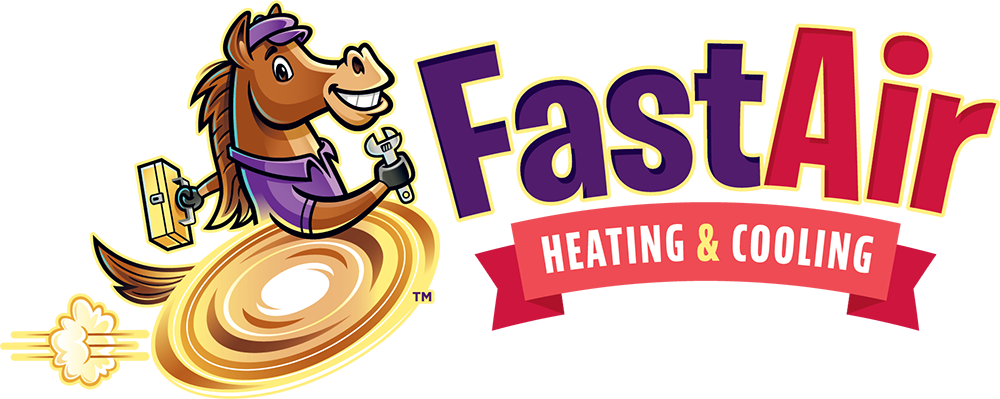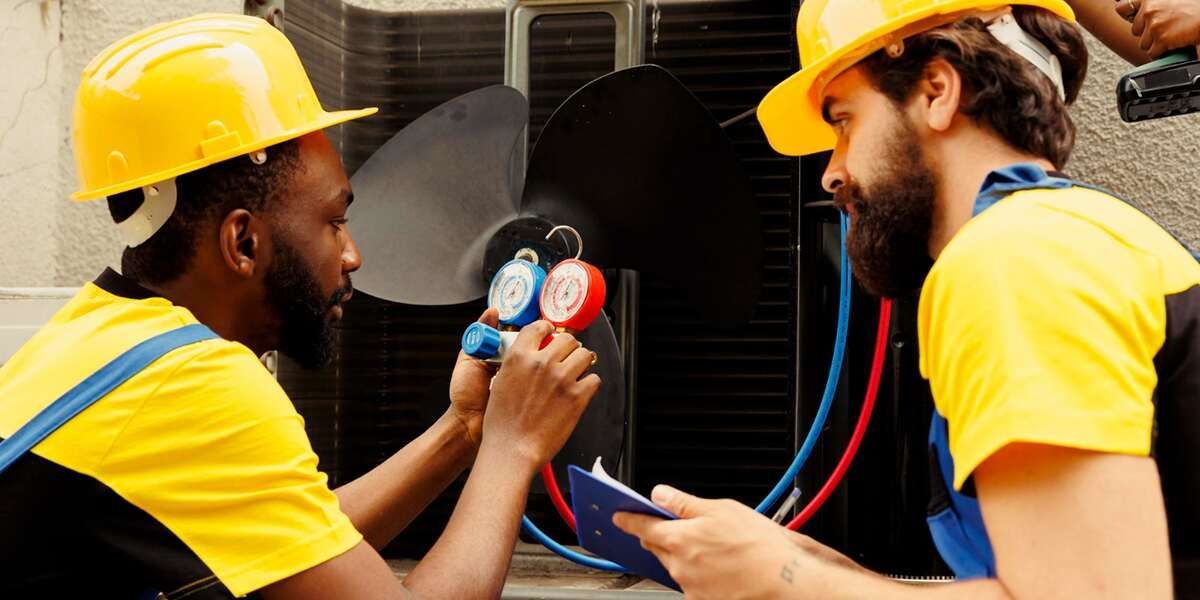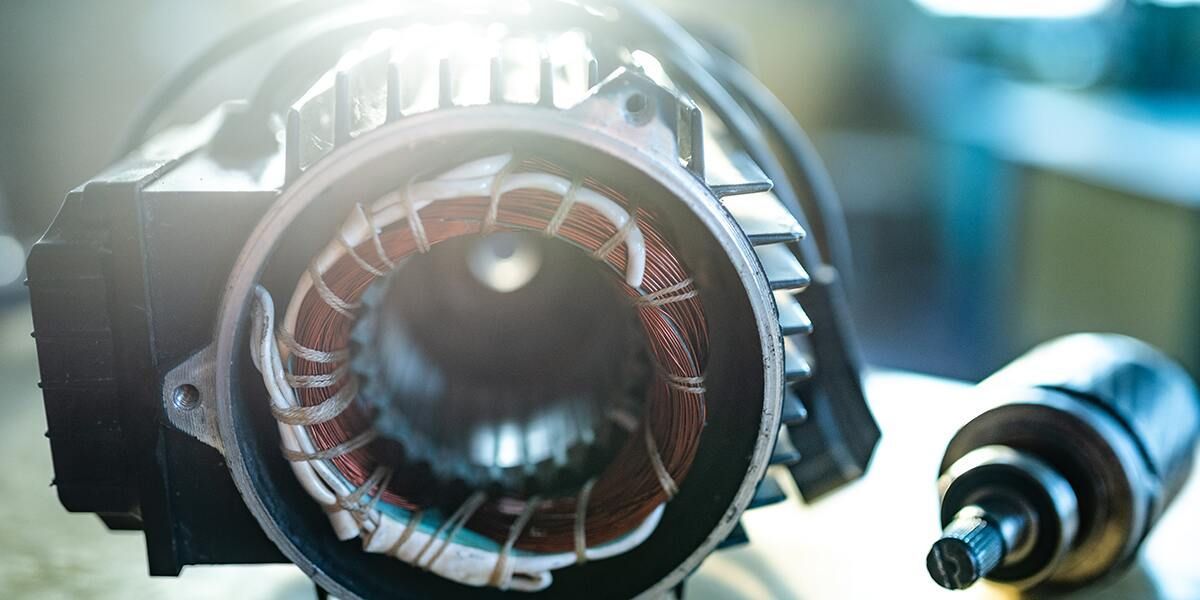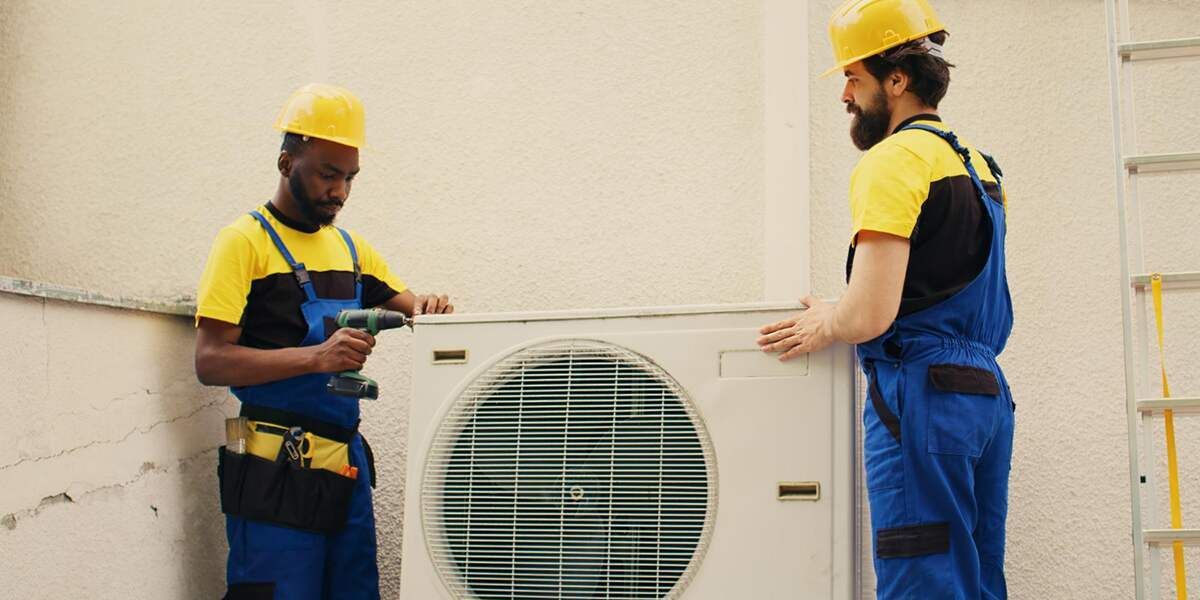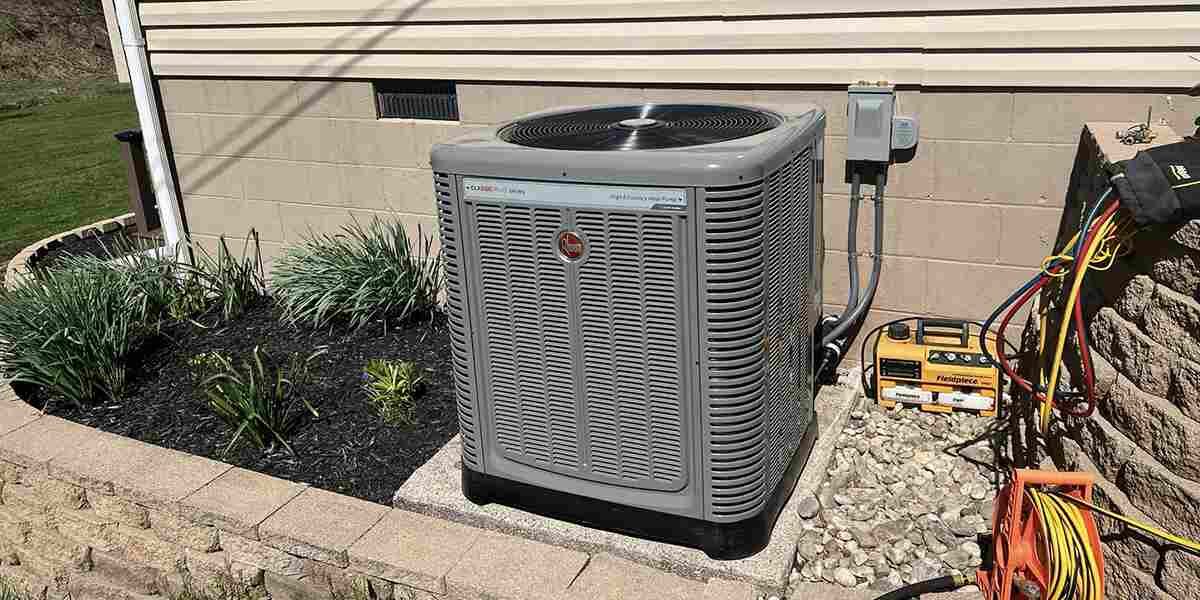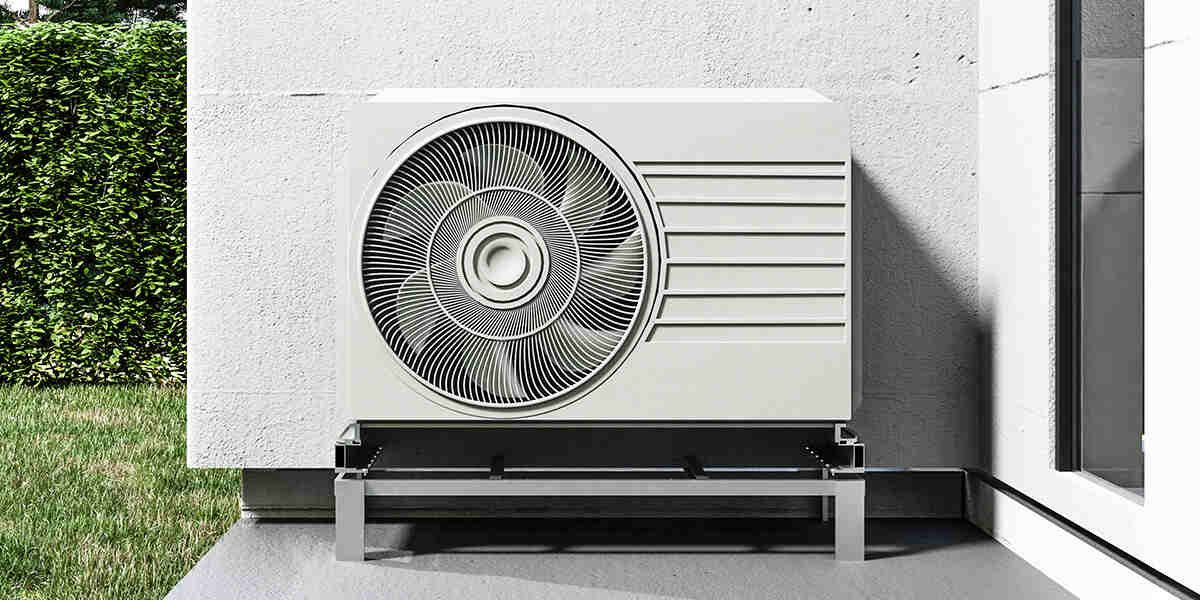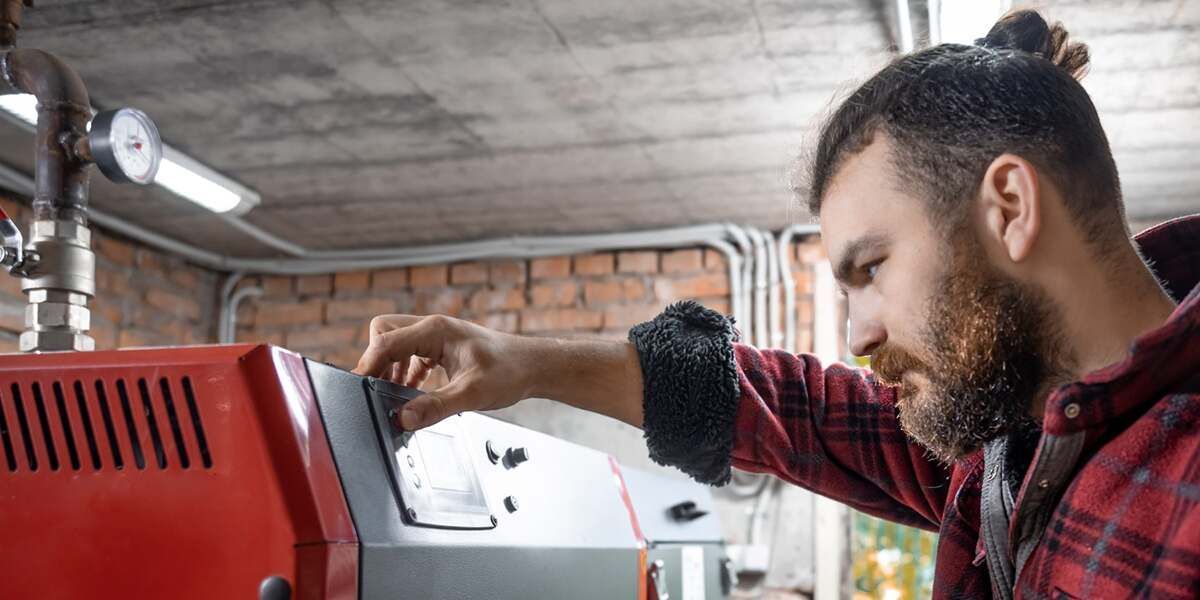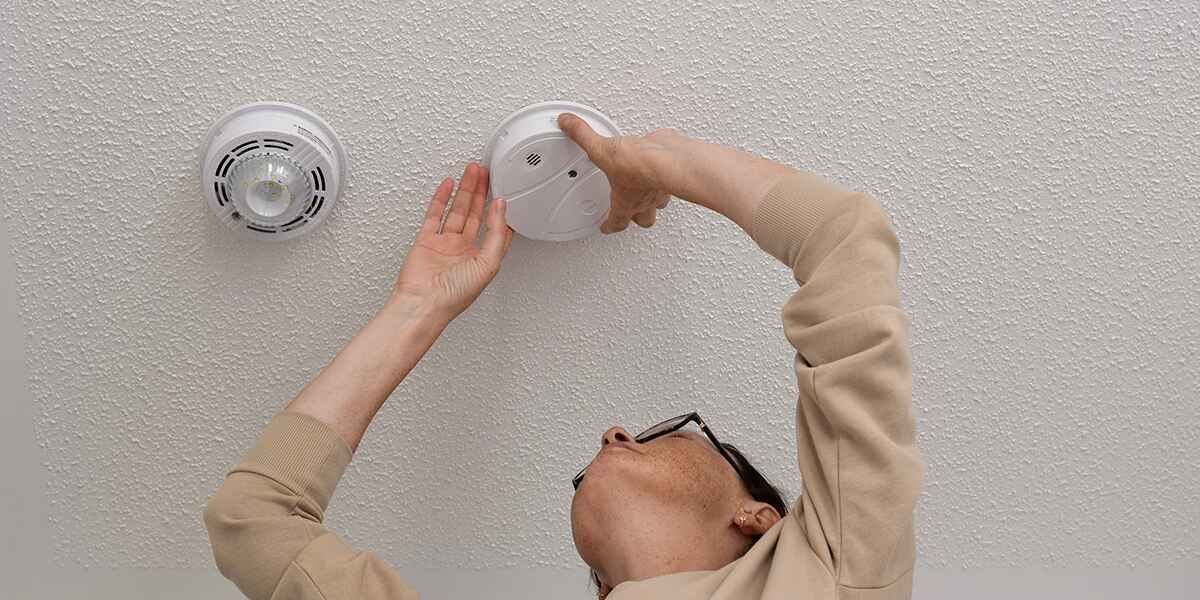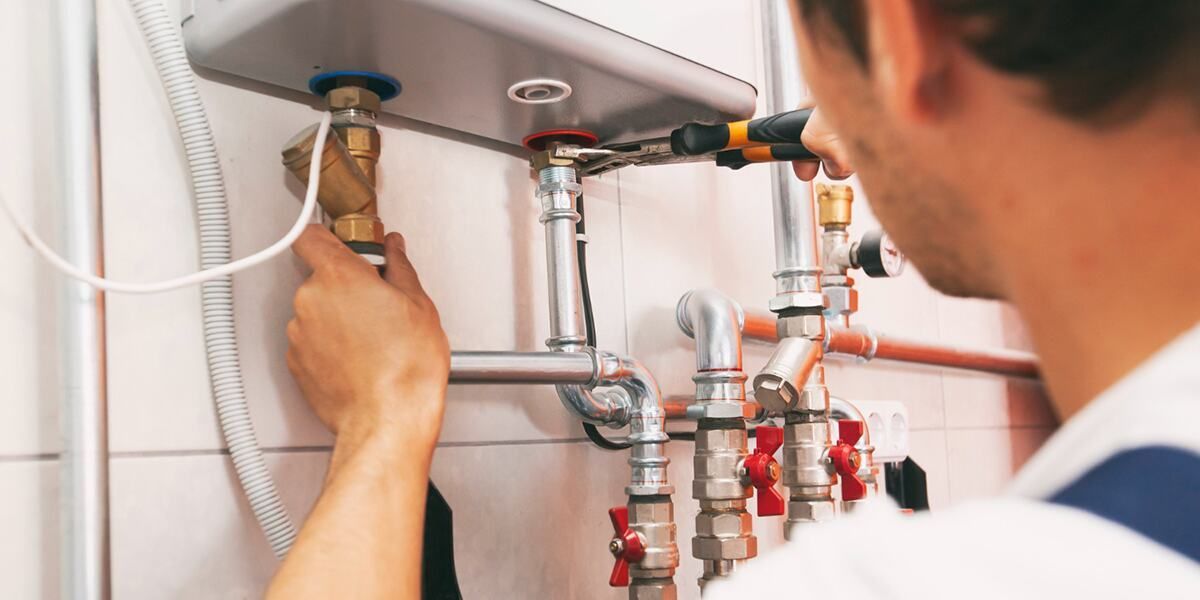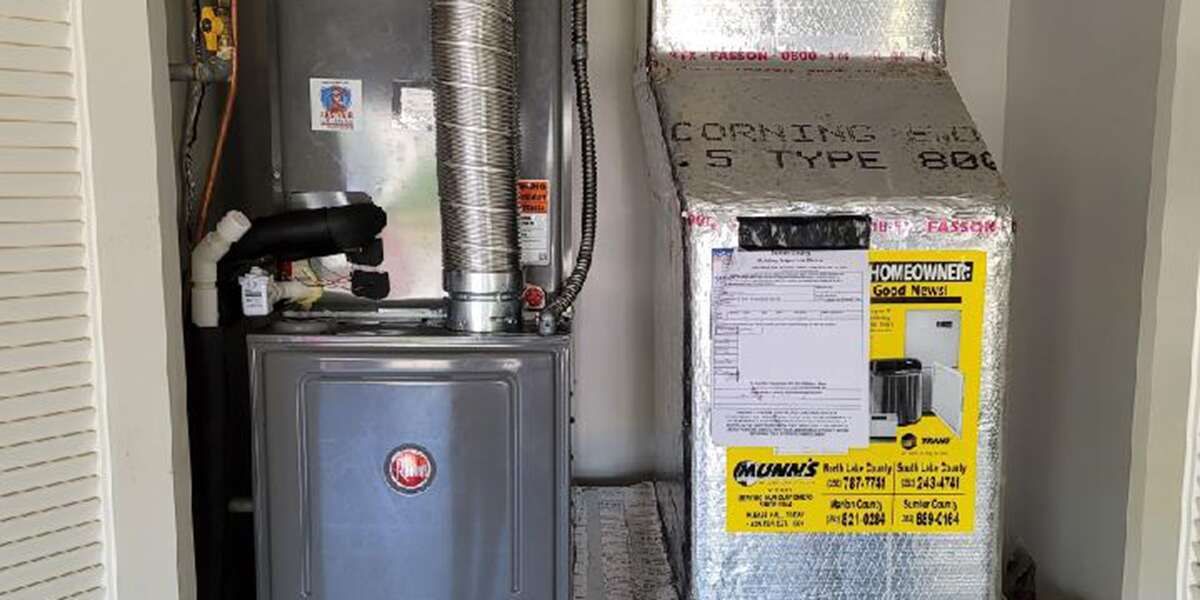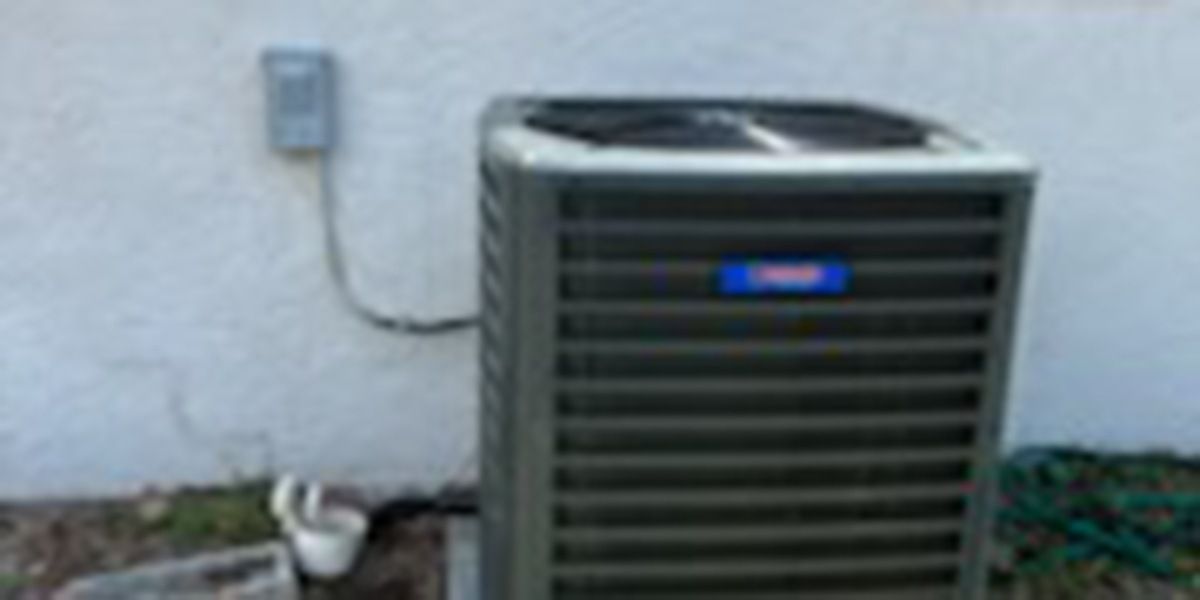EMERGENCY SERVICE AVAILABLE
What Is an Air Handler, and How Is It Different?
Are you looking to update your HVAC system? Fast Air Repair can help when you call 352-290-7968.
HVAC systems are a complicated network of devices that many homeowners don’t understand, which is why so many of us take them for granted. But if you’re considering updating your system, you might wonder, “What is an air handler?” and whether you need one. As Reddick’s lead heating and air cooling company, Fast Air Repair can help you understand your HVAC system.
Keep reading to discover what you need to know about air handlers and whether your HVAC system could benefit from one.
What Does an Air Handler Do?
An air handler is the portion of your HVAC system that transports the air throughout your home via ductwork. Housed within a case, the air handler looks much like a furnace. It works with your air conditioner or heat pump to help ease the burden of heating and cooling.
Air handlers contain the following components:
- A blower motor that transports the air through the ductwork
- An evaporator coil that heats or cools the air
- An air filter for purifying the air
- An expansion valve that regulates the flow of refrigerant
- Several other components that help regulate airflow and temperature
Different Types of Air Handlers
Air handlers come in many types and sizes. The smallest units, often called blower coils or fan coil units, contain only a fan, filter, and evaporator coil. These are the most common types of air handlers for residential use.
The larger versions, called makeup air units, only regulate outside air rather than recirculating the air inside your home. Because they’re large, technicians install them on the roofs of buildings. Given their size and power, residential buildings rarely require MAUs; commercial properties benefit from them almost exclusively.
How It Differs From Other HVAC Components
It’s sometimes best to answer the question “What is an air handler?” by comparing it to other elements of your HVAC system.
Heat Pump
Heat pumps function as joint heating and cooling units, but instead of producing heat, they move it around. An air handler can take the pressure off your heat pump during the heat transfer process.
Blower
Even though the air handler blows air throughout your ductwork, it’s not the same as a blower. It’s more accurate to say that, while every air handler contains a blower, since it contains more pieces, it’s much more than just a blower motor.
Furnace
Unlike a furnace, an air handler doesn’t have a heating element to facilitate the warming of air. Furnaces have their own blower to distribute the heat, so you rarely see it paired with an air handler in the same HVAC system.
Air Conditioner
One of the biggest misunderstandings about air conditioners is that they cool the air present inside your home. In reality, they pull the hot air from your home and expel it outside, leaving the inside air feeling cool.
The air conditioner takes in warm air where it blows over a coil, removing heat. The refrigerant carries the heat to the outdoor unit, leaving the cool air circulating throughout your home. The air handler doesn’t actively cool the air (even though it has a coil) but efficiently transports the cold air throughout the home.
Benefits of an Air Handler
As part of a quality HVAC system, an air handler offers the following benefits to your home.
Extends Your HVAC’s Life Expectancy
While homeowners love heat pumps for their efficiency and ability to provide heating and cooling, their constant use means they only last around ten years. Because air handlers help your heat pump handle the work of transporting air throughout your home, they can increase the device’s life expectancy by reducing wear and tear.
Increased Energy Efficiency
Because air handlers help your air conditioner and heat pump more efficiently transport air throughout your home, they reduce your overall energy use. You use less electricity running your device, and because they evenly regulate the temperature in your home, you’ll run your air conditioner heat pump less.
Improved Air Quality
Air handlers contain the filter your heating and cooling devices use to remove dust and contaminants from the circulating air. As such, they significantly improve your home’s air quality, reducing how frequently they trigger allergies or respiratory conditions. The air handler is also responsible for ensuring you have the same comfort level in every room within your home.
Durability
With proper care and maintenance, air handlers can last up to 20 years, making them one of the most enduring components in your HVAC system. Housed in metal cabinets and built to last, air handlers can withstand harsh weather and extreme temperatures without damage.
Cost Savings
Because they increase efficiency and extend the life expectancy of your other devices, air handlers can save you significant money in the long run. While you’ll invest in maintenance and occasional repairs, consider your air handler an investment that saves you more money than it requires.
Signs Your Air Handler Needs Attention
To get the most out of your air handler, you should regularly maintain it and make repairs quickly. Look for the following signs your air handler needs repairs:
- Poor airflow: Since your air handler is primarily responsible for blowing air throughout your home, the first sign of a malfunction is weak, restricted, or decreased airflow. While you might think weaker airflow is something you can tolerate, without the proper attention, it will destroy your device and require a full replacement.
- Bad air quality: Do you notice your allergies or respiratory issues worsening, even if the air quality outside hasn’t decreased? Poor air quality in your home is a sign you should replace or clean your air filter. A dirty filter can also restrict airflow, so check it at least every 30 days to keep your air handler fully functional.
- Ice accumulation: You might not believe your air handler can build up ice in the summer, but if you’ve ever seen it, you know it indicates a serious problem. That problem could be a dirty air filter or evaporator coil, but it may be as serious as a refrigerant leak. If you see ice building up on your air handler, air conditioner, or heat pump, call for immediate assistance from an HVAC technician.
- Increasing energy bills: Do you notice your energy bills skyrocketing even without running your air conditioner or heat pump more than usual? If your air handler needs repairs, it works harder to produce the same results, forcing a significant increase in your electricity bill.
- An aging system: No matter how well you take care of your HVAC system, eventually, you’ll need to replace it with a newer, updated model. If your air handler is at least 15 years old, you’ll likely need a new one within the next few years. Start saving up for a new device so you don’t hurt your budget when it comes time for installation.
Call Fast Air Repair for All Your HVAC Needs
Now that you know the answer to “What is an air handler?” you’re empowered to use it for your maximum benefit. When you need regular air handler repair, maintenance or installation of any HVAC device, Fast Air Repair offers quality service with a smile. With consistently good deals, transparent pricing, and expert service, we help every homeowner stay comfortable year-round.
To learn more about smart HVAC systems and what they can do for your home, call Fast Air Repair at 352-290-7968.
Author Bio:
Dustin Vetter
Our team has several years of experience servicing all kinds of HVAC systems, including central air, heat pumps, radiators, and more. We offer 24/7 emergency services, so no matter when you need a helping hand, we can be there to assist. We only use the highest quality products, helping you rest assured our HVAC services will produce lasting results.
Contact us for Service
Footer - Website Lead
We will get back to you as soon as possible.
Please try again later.
For emergency service, to get a free quote, or if you have questions or special requests, just drop us a line. We Look forward to serving you!
Hours Of Operation
- Mon - Sun
- Open 24 Hours
Emergency Service Available
All Rights Reserved | Fast Air Repair

